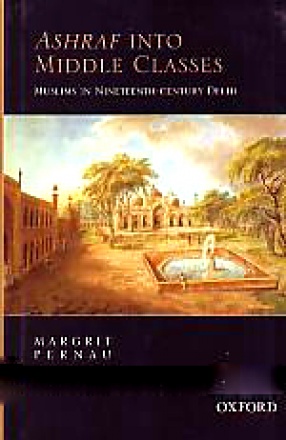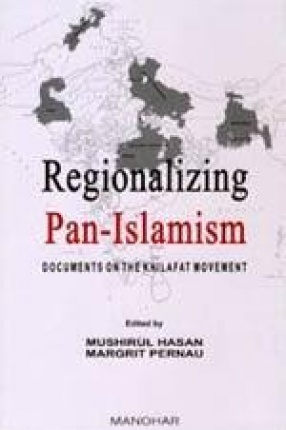
Showing all 5 books

Nineteenth-century Delhi was marked by a curious mixture of political upheaval and cultural resurgence. Drawing on a wide variety of little known sources in Urdu and Persian, apart from the more conventional British records, this book provides a revelatory and vivid narrative of Muslims in the period covering the British conquest in 1803 to the end of the Khalifat movement in 1922. Moving away from teh tendency of studies on Muslims to focus on religious ...

Handwritten newsletters or akhbarat were vital to the functioning of Mughal regime. Each ruler appointed his own news writer, akhbar nawis at as many focal points of the subcontinent as possible and they reported on a daily or a bi-weekly basis. This form of collection, reporting, and circulation of news was taken over by the colonial power and continued to flourish in North India right upto the Uprising of 1857. For the first time, this volume brings together ...


Both family and gender are topics that have been discussed and debated at length. However, in recent years there has been a growing recognition that the two need to be studied together in order to understand their interdependence. Keeping this in mind, the contributors to this volume concentrate on four major propositions: In the same way that gender cannot be culled directly from the biological sex, the concept of family does not follow ‘naturally’ from the ...

This book brings together an important collection of documents that have not been used before by the historians of the Khilafat and Non-Cooperation movements. The political historian of the twentieth century is familiar with the major actors operating on the national scene. These reports, hitherto unpublished, reveal the role of local and regional leaders, their linkages, strategies and techniques of mobilization. Likewise, there exists much secondary literature ...
